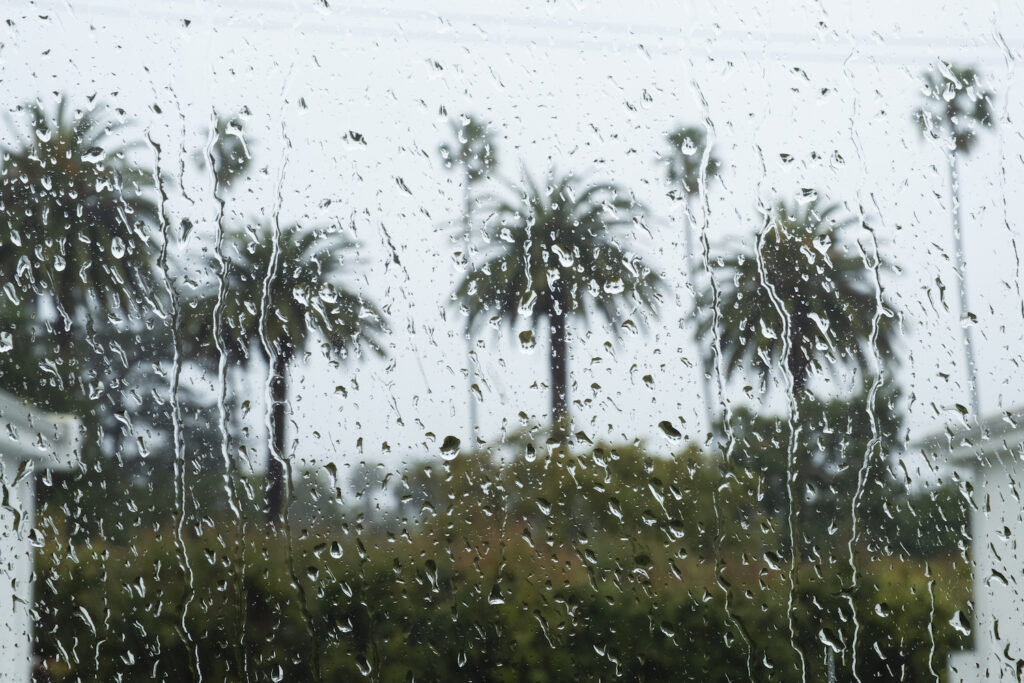Obviously Ukraine is very much on our minds, as an energy policy issue as well as a direct strategic threat and a humanitarian nightmare. But we do note that “More than 100 million people under weather alerts as massive storm moves east” because Ukraine is not the only story. Nor is it irrelevant to suggest that self-destructive green energy policies are especially grotesque if in addition to making us vulnerable to thugs, and let’s not forget Xi Jinping salivating over Taiwan while burning mountains of coal, and being futile on their own terms even if China got on board with Paris instead of, say, attacking it, there’s no sign that winter is ending or that the world is warming measurably let alone disastrously. Certainly when winter ended in Ottawa a decade ago or so it was replaced by something so like winter as to be indistinguishable on the snow- and ice-covered ground.
The story we cited above was about the American northeast. Well, the northeast and more, since 110 million Americans is nearly 1/3 of the total, and the winter-like weather object was causing “winter alerts, ice storm warnings and flood alerts stretching from the southern Plains to New England” even as Ukraine was receiving air raid alerts and Russian army warnings. And “Cities that could see icing include Dallas, Little Rock, Arkansas, St. Louis, Indianapolis, Philadelphia, New York and Hartford, Connecticut.” And nothing says global heating like ice in Arkansas… except perhaps snow in Dallas. (And no points for guessing that this story did not include the word “climate”.)
Yes, yes, you may remind us that we ourselves frequently insist that one storm isn’t proof of anything. But we in turn remind you that the whole “yaaaaaah we’re all gonna fry” scare is essentially over temperatures having risen 1.1°C since the Duke of Wellington was Prime Minister of Great Britain, and threatening to rise by another 0.4°C or, possibly, 0.9°C depending who you ask. (Or, if you really go for the straggly beard and eyes like coals crowd, 8°C.) And if you sneak down in the middle of the night and up the thermostat by 0.4, nobody will know including you.
Of course there are things that will notice. Like computers. Thus a reader alerts us that it’s worse than the settled science thought when it comes to the Earth’s water cycle. So perhaps you did notice all that evaporation ravaging your frozen yard or something. See, the Guardian tells us that “Rising temperatures pushing much more freshwater towards poles than climate models previously estimated”. And, our correspondent notes, one could easily have greeted this finding with “Real World Data Shows That Climate Models Are Incredibly Wrong” or even “Climate Model Predictions Should Not Be Used For Anything Due to Huge Errors”. Instead we get the boring but otherwise predictable “Climate change is intensifying Earth’s water cycle at twice the predicted rate, research shows”.
Now if you would like to guess whether the Guardian thinks this result of climate change is going to make things better or worse… ha ha ha we’re just kidding. Of course “scientists have long known that rising global temperatures are intensifying the global water cycle, with dry subtropical regions likely to get drier as freshwater moves towards wet regions.” More droughts. More floods. And “scientists have long known” although apparently they didn’t.
OK. OK. Now here’s the kicker. Just how massive is this looming disaster? “Climate change has intensified the global water cycle by up to 7.4% – compared with previous modelling estimates of 2% to 4%, research published in the journal Nature suggests.” And we’re meant to know how much water has been moving this way and that over the last, oh, 4,000 years to a sufficient degree of precision that we can now say it has risen 7.4% not between 2 and 4? Not, you’ll notice, 7%. Seven point four. Point four. Bosh. (Especially since the piece even later blurts out “The scientists estimate the volume of extra freshwater that shifted from warmer regions between 1970 and 2014 is between 46,000 and 77,000 cubic kms.” So we get that spuriously precise .4, and then an error bar of about 75%. At least the author has a Bachelor’s Degree in Medical Studies, whatever that is. But her statistical training seems to have been washed away. Including the bit where a scientist enthuses about their much greater capacity to “monitor the ocean” now than in the past, meaning they have little or nothing to compare their data to in order to judge long-term trends.)
Still, doom looms. The article quoted the lead author that “Those dire predictions that were laid out in the IPCC will potentially be even more intense.” Which links to another Guardian “Climate crisis” story (yes, they really have an entire section of it) that thunders about “climate breakdown” and “global heating” and says “Water problems – drought, with its accompanying wildfires, and flooding – are likely to become much worse around the world as climate breakdown takes hold, according to the biggest assessment of climate science to date” with a link to the latest IPCC report which says nothing of the kind.
We are all going to laugh.



Surely if the Arctic is melting due to climate change, then the fresh water from the snow and ice there is leaking into the oceans and circulating to the tropics... That hardly seems like a recipe for drier droughts.